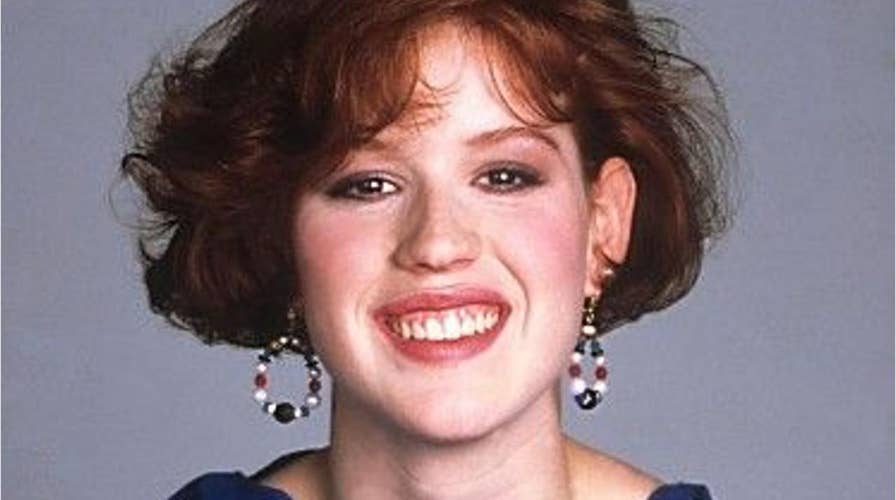Molly Ringwald says ‘Sixteen Candles’ is ‘problematic’
Actress Molly Ringwald says that some of the plot lines in the hit John Hughes film, ‘Sixteen Candles’ are ‘problematic.’
Actress Molly Ringwald said people thanked her for writing an essay discussing her hit films “The Breakfast Club” and “Sixteen Candles” and how she felt about them after rewatching them.
Ringwald, 50, discussed her essay she wrote for the New Yorker on BuzzFeed News’ show “AM to DM.” The Brat Pack icon wrote the essay in April saying she revisited her hit film “The Breakfast Club” and found parts of it “troubling” in the wake of the #MeToo era.
When asked if she felt that the conversation “around those films have changed” after her essay, the actress said she did.
“I do, some people read it and said, ‘you know thank you I’ve been waiting for somebody to write that’ and some people said it never even occurred to them,” Ringwald said.
“I feel like it created an interesting conversation but it was really important for me that people didn’t think I was denouncing the films at all because I’m not because there’s so much I love about them and I think they’re powerful and connected to people’s memories and youths,” she continued.
Ringwald wrote in the essay that she watched the hit John Hughes-directed films with her daughter. She said a part in “The Breakfast Club” troubled her the most.
“At one point in the film, the bad-boy character, John Bender, ducks under the table where my character, Claire, is sitting, to hide from a teacher,” she wrote. “While there, he takes the opportunity to peek under Claire’s skirt and, though the audience doesn’t see, it is implied that he touches her inappropriately.”
MOLLY RINGWALD SAYS HER HIT FILM 'THE BREAKFAST CLUB' IS 'TROUBLING' IN #METOO ERA
The actress, who also “Pretty in Pink,” explained she “felt the need” to re-examine how her depiction in the films “played in cultural life.”
She wrote that a part in “Sixteen Candles” also troubled her. She was referring to a character, Caroline, a popular girl at her high school, who wakes up the next day with a stranger and no recollection of what happened the night before.
“Caroline shakes her head in wonderment and says, ‘You know, I have this weird feeling I did.’ She had to have a feeling about it, rather than a thought, because thoughts are things we have when we are conscious, and she wasn’t," Ringwald wrote.














































